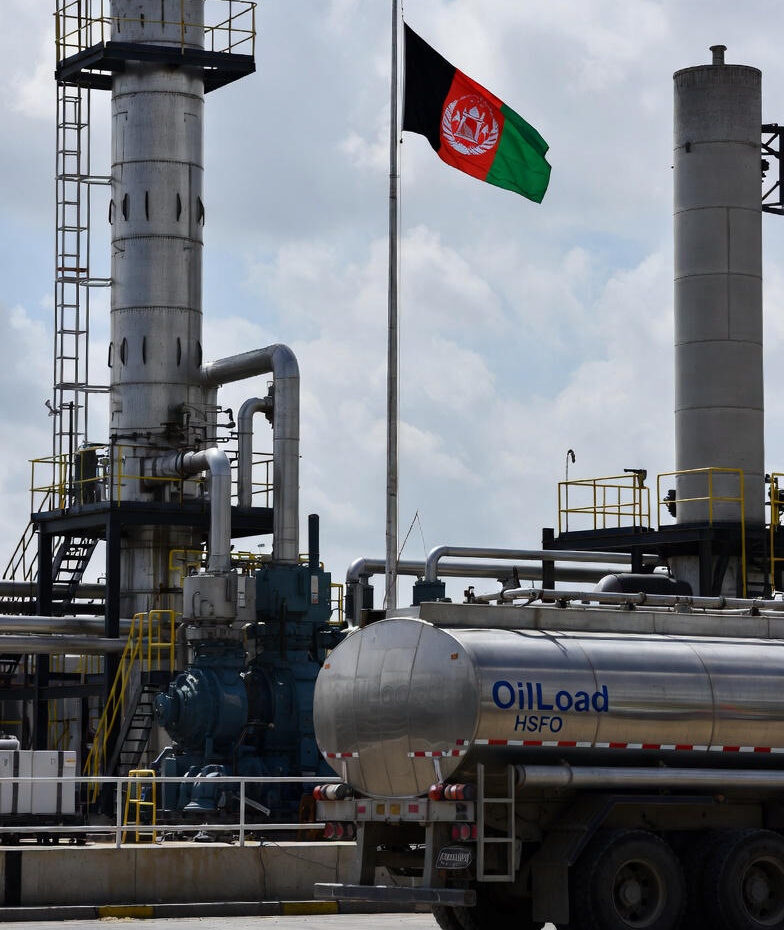Exploring Affordable Alternatives with Oil-Load's Fuel Oil
In recent developments, Afghanistan has implemented a significant update to its diesel fuel standards, reducing the allowable sulfur content from 5000 parts per million (ppm) to below 2000 ppm. This regulatory change, aimed at improving environmental quality and aligning with global emission reduction efforts, has inadvertently driven up the cost of diesel fuel across the country. As a result, industries reliant on diesel—particularly power plants and generators essential for electricity production—are facing heightened operational expenses. With electricity demand remaining critical in a nation rebuilding its infrastructure, many operators are now actively seeking cost-effective alternative fuels to maintain efficiency without compromising performance.
The Impact of the Diesel Standard Change in Afghanistan
The transition to lower-sulfur diesel is a positive step toward cleaner energy practices, but it comes at a price. Refineries and suppliers must invest in advanced desulfurization processes, which inevitably pass on higher costs to end-users. In Afghanistan, where diesel powers a substantial portion of the electricity grid through generators and small-scale power plants, this price surge poses a challenge. Reports indicate that the cost of compliant diesel has risen significantly, prompting businesses and utilities to explore substitutes that can deliver similar energy output at a fraction of the expense.
This shift is particularly timely as Afghanistan continues to stabilize its energy sector amid ongoing economic recovery. Power outages remain common, and reliable, affordable fuel sources are vital for sustaining industrial operations, healthcare facilities, and daily life.
Introducing Mazut/HSFO/Fuel Oil as a Viable Alternative for Afghanistan's Generators
Enter mazut, also known as High Sulfur Fuel Oil (HSFO), a heavy fuel oil that emerges as one of the most suitable alternatives under Afghanistan's new conditions. Unlike refined diesel, mazut is a residual fuel derived from crude oil distillation, offering high energy density and compatibility with many diesel-dependent systems, such as boilers, furnaces, and generators. Its higher sulfur content aligns with applications where ultra-low sulfur isn't mandated, making it an ideal bridge fuel for power generation.
The Oil-Load group, a leading producer of HSFO based in Sulaymaniyah, Iraqi Kurdistan, specializes in manufacturing high-quality mazut tailored to meet diverse industrial needs. Our facility employs state-of-the-art refining techniques to produce mazut in three standard grades based on viscosity (measured in centistokes, CST):
- HSFO Grade 180 CST: A lighter variant suitable for applications requiring easier flow and handling, ideal for smaller generators.
[Download Fuel Oil Cst 180 Anlysis] - HSFO Grade 280 CST: A balanced option offering good combustion efficiency for medium-scale power plants.
[Download Fuel Oil Cst 280 Anlysis] - HSFO Grade 380 CST: The heaviest grade, optimized for large industrial boilers and high-output systems where maximum energy yield is prioritized.
[Download Fuel Oil Cst 380 Anlysis]
These grades ensure flexibility, allowing users to select the best fit for their equipment without extensive modifications.
Cost Advantages and Practical Benefits
One of the most compelling reasons to consider Oil-Load's mazut is its economic edge. Priced at up to one-third the current cost of diesel in Afghanistan, this fuel oil represents substantial savings—potentially reducing fuel expenses by 66% or more. For power plant operators and generator users, this translates to lower electricity production costs, which can be passed on to consumers or reinvested in infrastructure upgrades.
Beyond pricing, mazut offers practical advantages:
- High Calorific Value: Delivers robust energy output, ensuring consistent power generation.
- Availability and Supply Chain: HSFO Produced regionally in Iraqi Kurdistan by Oilload it benefits from shorter supply routes to Afghanistan, minimizing logistics costs and delivery times.
- Adaptability: Many existing diesel systems can transition to mazut with minor adjustments, such as burner modifications, making the switch feasible and quick.
As Afghanistan's energy landscape evolves, adopting mazut not only addresses immediate cost pressures but also supports a diversified fuel portfolio, enhancing resilience against global oil market fluctuations.
Why Choose Oil-Load for your HSFO inquiries in Afghanistan?
At Oil-Load, we are committed to providing reliable, high-performance fuel solutions that empower industries in challenging environments. Our mazut production adheres to international quality standards, ensuring safety, efficiency, and environmental compliance where applicable. With a proven track record in the region, we stand ready to partner with Afghan enterprises to navigate this transition smoothly.
For inquiries, bulk orders, or technical consultations on integrating mazut into your operations, contact our team at Oil-Load today. Together, we can fuel Afghanistan's progress affordably and sustainably.




